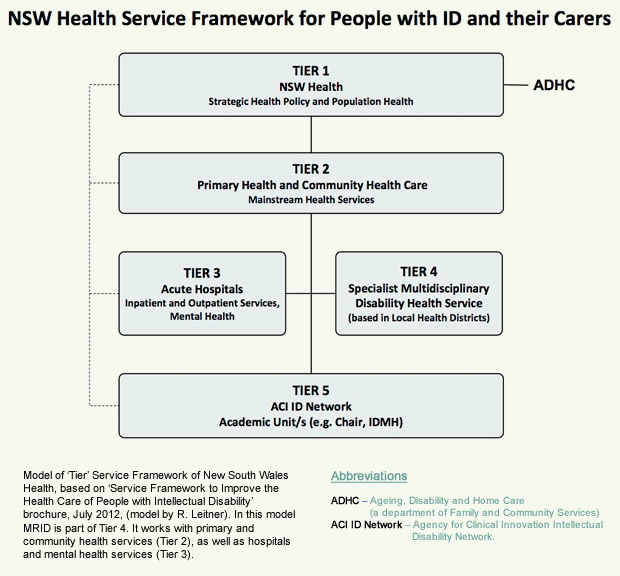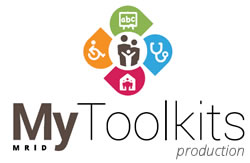Co-design in practice is guided by a set of six foundation principles which form the ABC of co-design. It is important that everyone involved, and health practitioners in particular, understands the foundation principles and are committed to them.
Foundation Principle #2 – B is for Building Capacity
Those involved in the co-design process should strive to improve standards of care and service for individuals with complex health needs, their families and carers. Shared knowledge and collaboration increases the capacity of all parties to create effective and innovative care strategies.
 At an individual level, the family and carers of a person with complex health may increase their understanding of medical practices, health systems and support agencies, and gain greater confidence in managing their own family’s health needs. This can help individuals to effectively establish priorities and to access available resources and services.
At an individual level, the family and carers of a person with complex health may increase their understanding of medical practices, health systems and support agencies, and gain greater confidence in managing their own family’s health needs. This can help individuals to effectively establish priorities and to access available resources and services.
Health practitioners and service providers involved in co-design gain deeper insight into the lived experience of people with complex health needs and their carers. That insight, coupled with flexible collaboration with other health service providers, can lead to significant shifts in health care delivery, new directions, and higher standards of care.
Professionals also learn to better advocate for the service needs and rights of consumers and to promote further collaborative co-design methods throughout the health system.
The potential for capacity building in regional and remote areas is particularly worth noting.
The Sydney-based Metro-Regional Intellectual Disability (MRID) Network (an initiative of Kogarah Developmental Assessment Service) has practitioners with extensive practical experience of co-design. Their specialists in intellectual disability work with mainstream community health services in the Shoalhaven and Illawarra districts, to build the capacity of health providers who do not work primarily with people with disability.
Through education, integrated patient care, open communication and shared expertise, the MRID aims to build knowledge and experience in regional communities, to improve quality of life for all people with disabilities.
MRID’s vision is in keeping with NSW Health’s Service Framework to improve the health care of people with intellectual disability. The MRID contributes towards its stated aims to:
- Promote a broader understanding of the health needs of people with intellectual disability and their right to effective services and care; and
- Improve the quality, range, consistency, accessibility and integration of services necessary to meet the health needs of people with intellectual disability.

- Read the brochure ‘Service Framework to Improve the Health Care of People with Intellectual Disability’ (July 2012) at the New South Wales Health website.




